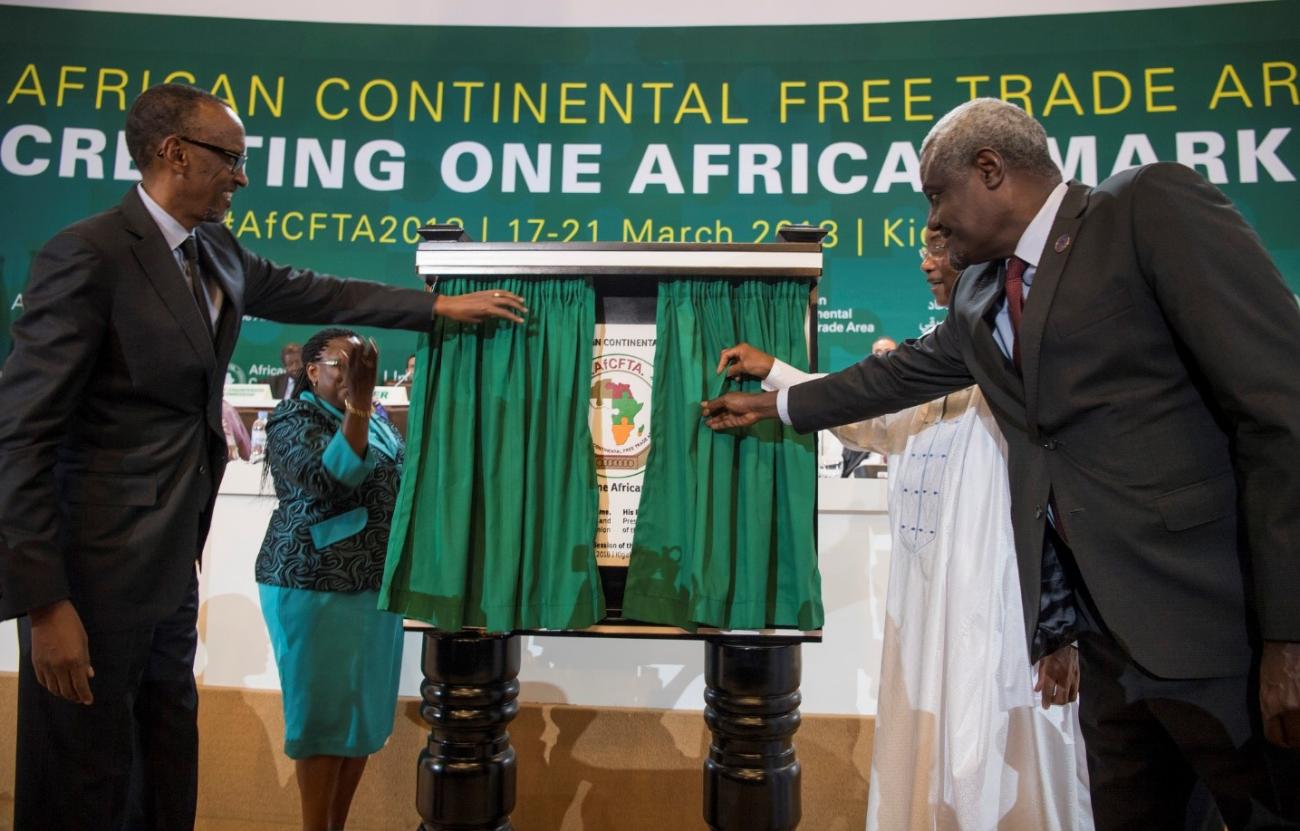The African Continental Free Trade Area (AfCTA) is a unique and timely opportunity for the continent and offers more benefits than other trading arrangements with regions outside the continent, indicated Mr Andrew Mold, Acting Director of UN Economic Commission for Africa (ECA) in Eastern Africa.
Mold indicated that the AfCFTA marks a fundamental step towards dismantling barriers and reducing costs to intra-African trade, boost industrialization, improve productivity and competitiveness of Africa for the creation of the much-needed jobs on the continent. He was speaking in a two-day conference discussing the Industrial Policy of Rwanda for the Next Decade, a meeting organized by Rwanda Ministry of Trade and Industry, the International Grown Centre (IGG) and World Bank on 18-18 September 2018.
“Africa's trade with the rest of the world over the past six decades has not delivered the promised diversification and that most countries on the continent are still import- dependent and export excessive amounts of unprocessed commodities, and, as a consequence, run up large trade deficits”, said Mr Mold.
Based on ECA research, Africa's trade balance moved from a surplus of $24 billion in 2012 to a deficit of $87 billion in 2014 and $155 billion in 2016.
According to ECA, it has the potential to boost intra-African trade by more than 52 per cent through the elimination of import duties alone.
Mold noted that the fragmentation of African economies limits the ability of African businesses to build their competitiveness.
"Integration is critical for Africa to drive manufacturing sector and industrialization and to boost its production and trade," he said. "This matters because African trade deficits are principally driven by the lack of industrialization."
From 2012 to 2014, over 75 per cent of Africa's exports to outside the continent were extractives, such as oil and minerals.
Mold said that as Africa's industrial exports are expected to benefit most from the AfCFTA, it is important for diversifying the continent's trade and encouraging a move away from extractive commodities towards a more balanced and sustainable export base.











